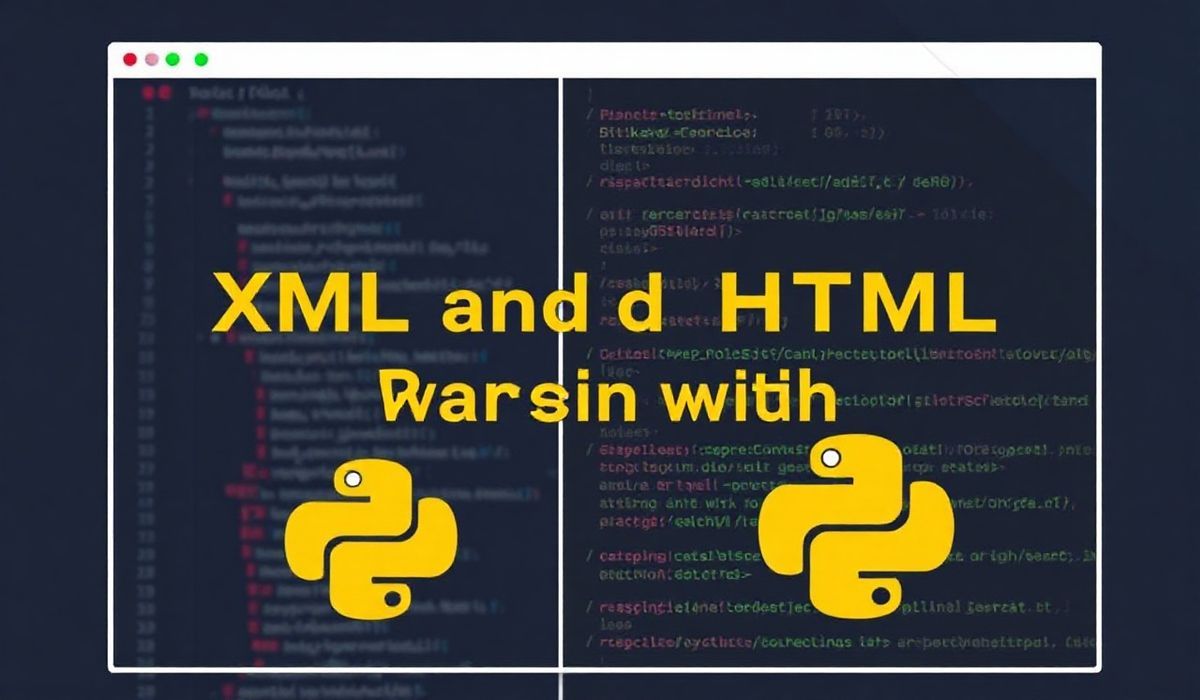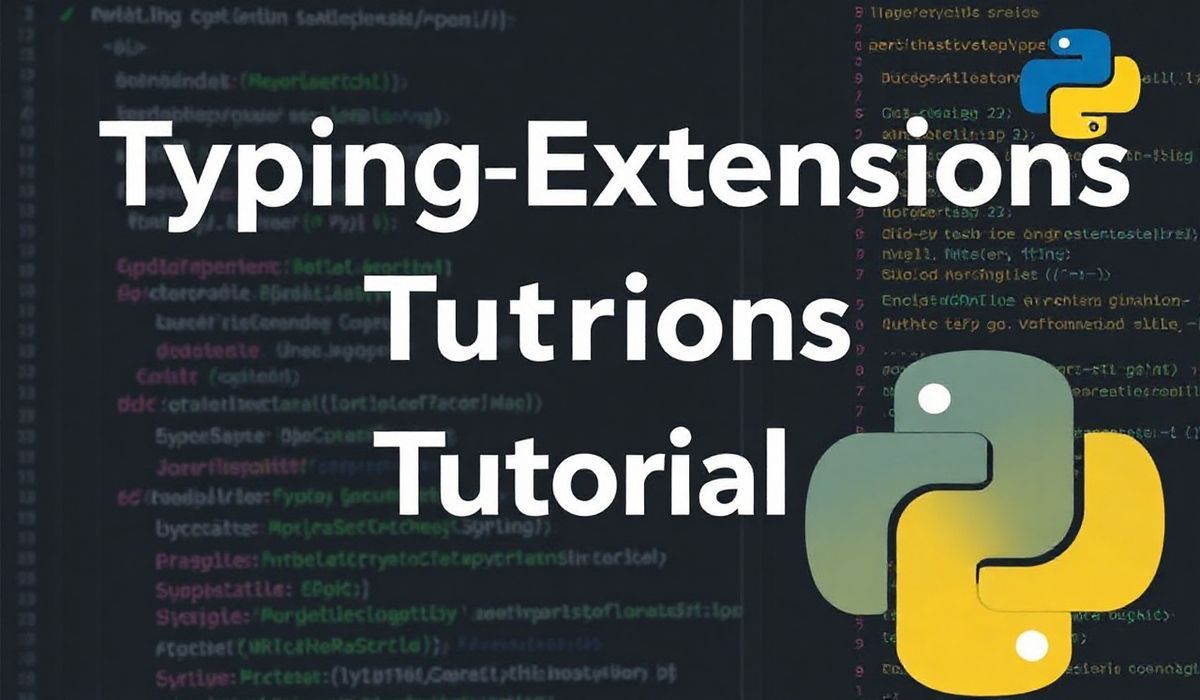Unlock the Power of Typing Extensions in Python
The typing-extensions package is a foundational tool for Python developers who work with type hints, especially for backward compatibility with older Python versions. It provides access to new typing features introduced in the latest versions of Python, even if you’re working with earlier versions. In this blog, we’ll explore the key APIs offered by typing-extensions and demonstrate their use in practical examples.
Understanding typing-extensions: A Game-Changer for Static Typing
As Python type hints evolve, features like Literal, TypedDict, and Protocol are now essential for robust type checking. However, developers maintaining compatibility with older Python releases often face challenges accessing these features. The typing-extensions module bridges this gap by offering backported and experimental typing capabilities.
Key APIs in typing-extensions
Literal
The Literal type allows you to specify exact values that a variable can take.
from typing_extensions import Literal
def greet(status: Literal["success", "error"]) -> str:
if status == "success":
return "Operation succeeded!"
elif status == "error":
return "Operation failed!"
raise ValueError("Invalid status")
print(greet("success")) # Output: Operation succeeded!
TypedDict
The TypedDict API provides a way to define structured dictionaries with fixed keys and their value types.
from typing_extensions import TypedDict
class User(TypedDict):
name: str
age: int
user: User = {"name": "Alice", "age": 25}
print(user["name"]) # Output: Alice
Protocol
The Protocol API provides structural subtyping, enabling the definition of interfaces in Python.
from typing_extensions import Protocol
class Flyer(Protocol):
def fly(self) -> str: ...
class Bird:
def fly(self) -> str:
return "I am flying!"
def make_fly(flyer: Flyer) -> str:
return flyer.fly()
print(make_fly(Bird())) # Output: I am flying!
Annotated
Annotated adds context-specific metadata to your type hints.
from typing_extensions import Annotated
def process(data: Annotated[str, "user input"]) -> str:
return data.lower()
print(process("Hello World")) # Output: hello world
Self
Introduced in Python 3.11 and backported in typing-extensions, the Self annotation allows you to annotate methods that return the type of their class.
from typing_extensions import Self
class FluentString:
def __init__(self, value: str) -> None:
self.value = value
def append(self, text: str) -> Self:
self.value += text
return self
def __str__(self) -> str:
return self.value
fluent = FluentString("Hello").append(", ").append("World!")
print(fluent) # Output: Hello, World!
Unpack
The Unpack API is a powerful feature for unpacking types in variance scenarios.
from typing_extensions import Unpack
from typing import Tuple
Vector = Tuple[int, int, int]
def scale(*args: Unpack[Vector]) -> Vector:
return tuple(x * 2 for x in args)
print(scale(1, 2, 3)) # Output: (2, 4, 6)
Building a Mini-App with typing-extensions
Let’s create a simple Python application using typing-extensions.
from typing_extensions import Protocol, Literal, TypedDict
class Vehicle(Protocol):
def drive(self, mode: Literal["economy", "sport"]) -> str:
...
class Car:
def drive(self, mode: Literal["economy", "sport"]) -> str:
if mode == "economy":
return "Driving in economy mode."
elif mode == "sport":
return "Zooming in sport mode!"
raise ValueError("Unknown mode")
class Driver(TypedDict):
name: str
age: int
def assign_driver(vehicle: Vehicle, driver: Driver) -> str:
return (f"{driver['name']} is driving. {vehicle.drive('sport')}")
car = Car()
driver: Driver = {"name": "Alice", "age": 30}
print(assign_driver(car, driver))
# Output: Alice is driving. Zooming in sport mode!
Conclusion
The typing-extensions module is essential for Python developers who aim to leverage the latest typing features while maintaining compatibility. Its rich set of APIs unlocks incredible opportunities for type safety, code clarity, and better debugging, which makes it an indispensable tool for the Python ecosystem.




